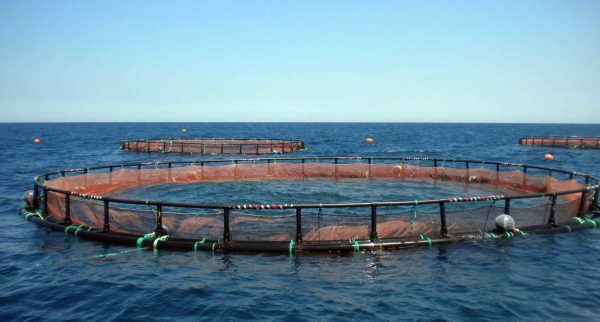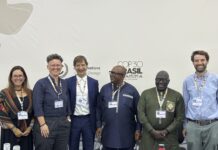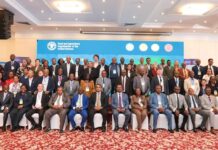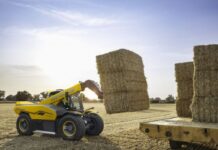Four countries in East Africa are set to be trained on sustainable cage farming to boost diminishing fish supply from Lake Victoria.
The Lake Victoria Fisheries Organisation (LVFO) a Jinja-based organisation rolled out the programme which will see farmers from Kenya, Uganda, Tanzania and Burundi on the best cage farming practices. The organisation trained four trainers of trainers (ToTs) from each country before rolling out the programme. Each of the four ToTs is expected to train a minimum of 10 trainers in their country who will train farmers to implement the practices.
The four-day training conducted in Homa Bay town was presided over by the LVFO Deputy Executive Secretary Anthony Munyaho, Kenya Fisheries Service Assistant Director Christine Etiegni, Tanzania’s Director of Aquaculture in the Ministry of Fisheries Nazael Madalla, Uganda’s Assistant Commissioner in charge of Aquaculture Alio Andrew and Burundi’s Directorate of Livestock in the Ministry of Agriculture Desire Irutimana.
Quantity of fish
Munyaho said their objective is to promote cage farming in a manner that is sustainable. He explained the human population in East African community member states had increased and outweighed the quantity of fish produced from Lake Victoria and other water bodies.
“Lake Victoria has been the main source of fish in East Africa but the wild fish alone can no longer serve our growing population. This means we have to invest in sustainable cage fish farming. Fish farming should be done in a manner that keeps Lake Victoria and other water bodies free from pollution. One of the key areas is the use of suitable fish feeds which cannot cause pollution in the lake,” said Munyaho.
Ms Etiegni said Kenya has 5300 cages in her Lake Victoria. She noted her department is implementing the requisite regulations for protecting Lake Victoria from harmful practices which may endanger its ecosystem.
Prevent conflict in the lake
“We also have to protect fish breeding areas which have been demarcated in Lake Vitoria. We are implementing cage fish farming regulations to prevent conflict in the lake,” said Etiegni.
Madalla on the other hand said the government of Tanzania is improving cage fish farming from the current 500 cages and is ready to set aside some seed money for promoting cage fish farming in Lake Victoria.
“We are removing VAT on fish feeds to make imports affordable to farmers. We are educating cage fish farmers to embrace the practice in Lake Victoria. The most expensive aspect of cage fish farming is buying feeds. Over 80 per cent of our feeds are imported but we supporting local feed producers to reduce expenses involved in cage fish farming,” said Madalla.









